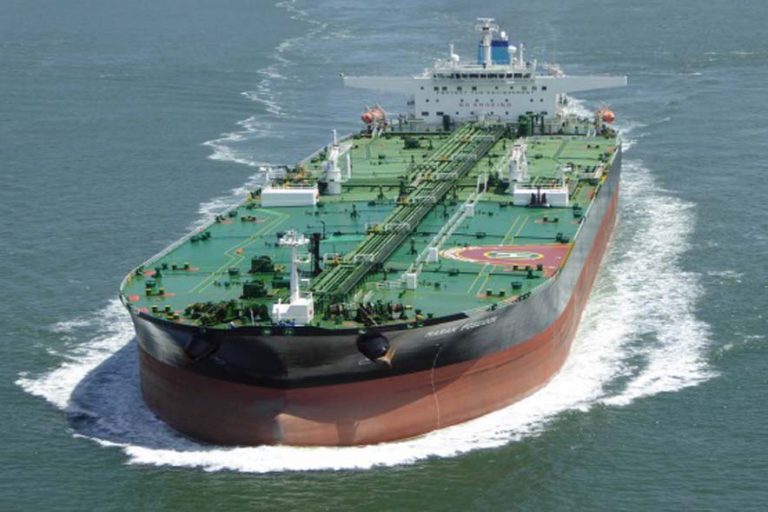Over 60% of the energy we require daily is brought from great distances to America on oil tankers. To meet the demands of our daily lives, we require more than 20 million barrels of petroleum products a day. The largest tankships can carry up to 2 million barrels and costs only pennies per gallon to ship by tankers and thus, makes this most attractive transport mode.

Accredited Certification
Earn professional certificates approved by the American Bureau of Shipping (ABS) and/or Nippon Kaiji Kyokai (ClassNK). Most countries accept Class-approved training certificate as equivalent for local endorsements. Check with your flag state for endorsement requirements.
This is an ABS-approved course. Candidates will earn an ABS-approved course completion certificate upon successful completion of this course.
This course is also approved by the US Coast Guard. US citizens can earn a USCG-approved course completion certificate by passing a proctored online test from a USCG-approved location.
Successful completion of this course should enable candidates to serve on oil tankers in a capacity other than master, chief engineer officer, chief mate or second engineer officer, and to perform specific duties and responsibilities related to those duties in connection with cargo equipment and cargo operations.
The course satisfies the requirements of 46 CFR 13.409 for an original endorsement as Tankerman-Assistant (DL); AND satisfy the training requirements of 46 CFR 10.227(d)(8)(i)(C) for renewal of a merchant mariner credential endorsed as Tankerman-PIC (Dangerous Liquids); AND satisfies the basic training requirements of Section A-V/1-1 and Table A-V/1-1-1 of the STCW Code and provides the knowledge to support the training outcomes related to the specification of minimum standard of competence in basic training for oil and chemical tanker cargo
Upon registration, courses are conveniently accessible online for condidates to participate at their own pace and on their own schedule